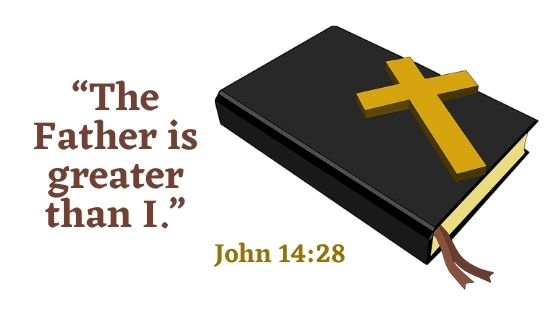How is the Father Greater than Jesus?
One of the most commonly quoted Bible verses to dispute the deity of Jesus Christ is John 14:28 wherein Jesus told His disciples that “The Father is greater than I.” Jesus repeatedly said that He is doing the Father’s will, thereby implying that He is somehow subservient to the Father. Doesn’t the Bible teach that … Read more

